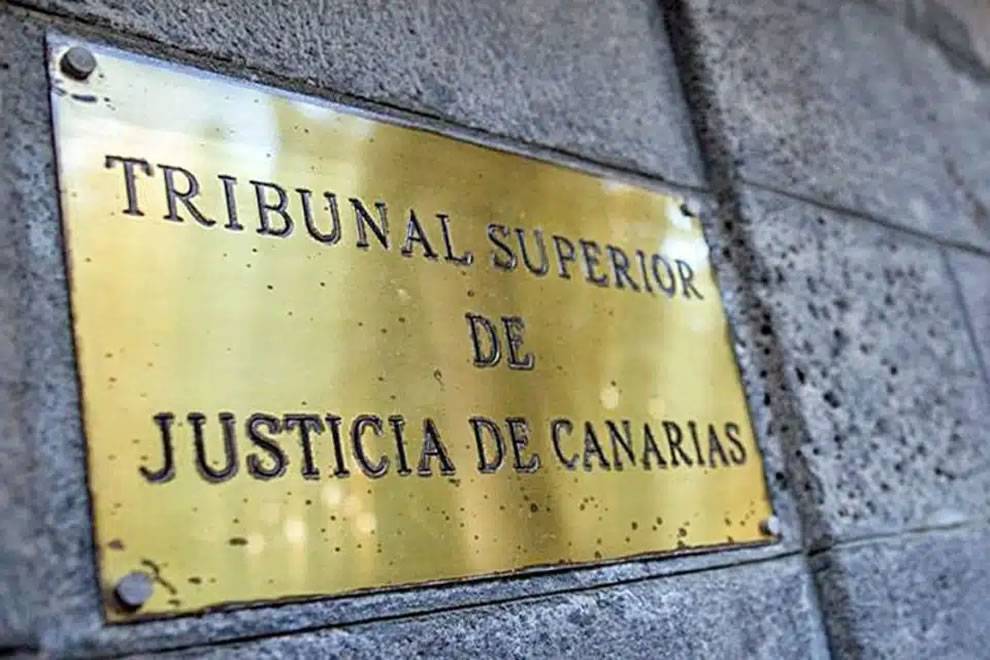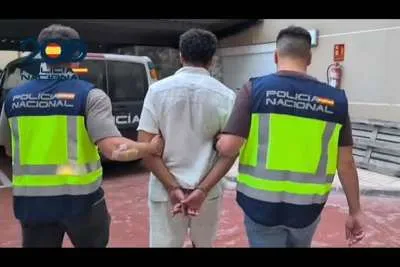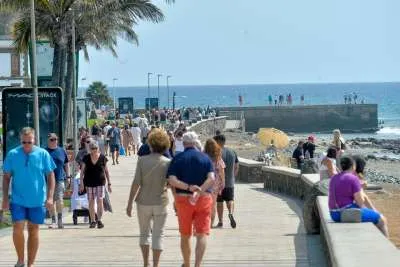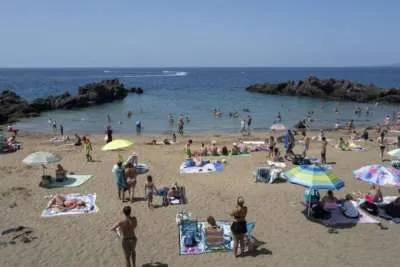British man sentenced to ten years in prison for killing friend in Tenerife
- 22-11-2023
- Tenerife
- Canarian Weekly
- Photo Credit: Efe
The Superior Court of Justice of the Canary Islands (TSJC) has upheld the ten-year prison sentence for a British man, holding him responsible for the murder of a friend with whom he shared abandoned facilities in Costa del Silencio, in the south of Tenerife, in February 2020.
The verdict also means he has to pay €100,000 compensation to the victim's daughter, as stipulated in the judgment of the Provincial Court of Santa Cruz de Tenerife.
The incident occurred on February 26th, 2020, between the early morning and afternoon, when the convicted man, assaulted his friend for reasons that could not be determined. The victim had invited the accused and another friend to stay with him in the abandoned property, as they were unable to afford alternative accommodation at that time.
The investigation found that the victim died by asphyxiation after the convicted man strangled and fractured his neck.
Following the incident, the accused attempted to return to the United Kingdom but wasn’t able to until a few days later due to the onset of an intense calima followed by Covid-19 restrictions.
However, once he did get back to the UK, both friends were arrested after an extradition order was issued, but one of them was later released.
The court dismissed all of the defence’s arguments, including the claim that the presumption of innocence was not applied during the jury trial, asserting that it can only be considered if there is insufficient evidence to support a conviction.
The defence argued that before the death, the deceased had assaulted the accused with a golf club, and he merely acted in self-defence. However, the TSJC believes that the accused’s hasty departure to catch a flight, points to his guilt, as does the fact that the third golf club, allegedly used by the victim, never appeared, in contrast to the two initially analysed.
Additionally, the court said that if the events had occurred as described by the defence, the injuries would have required medical attention.
The TSJC contrasts the convicted’s character, with a long history of violent crimes and drug use, with statements from those who knew the deceased, describing him as a ‘peaceful’ man.
The request to consider drug and alcohol consumption as a mitigating factor was also rejected, as the psychologist involved in the trial stated that it did not impair the accused's ability to discern right from wrong.
The argument that their precarious situation, characterized by homelessness, lack of family, employment, and substance abuse, should be considered as a mitigating circumstance is also dismissed, as the TSJC deems it irrelevant in a legal context.
Regarding the confession exemption, it is reminded that it occurred months after extradition and was thus deemed "too late", as an arrest warrant was necessary when the accused had fled to the UK.
Lastly, the defence's claim that the accused tried to repair the harm by attempting to resuscitate the victim "with all his strength" after the assault, was labelled as "inconsistent” with all the evidence obtained during the investigation.
Other articles that may interest you...
Trending
Most Read Articles
Featured Videos
A Vision of Elvis Tenerife Promo
- 10-05-2025
Tenerife Travel Guide
- 13-12-2024
Live webcam from Lanzarote airport
- 13-12-2024



























































